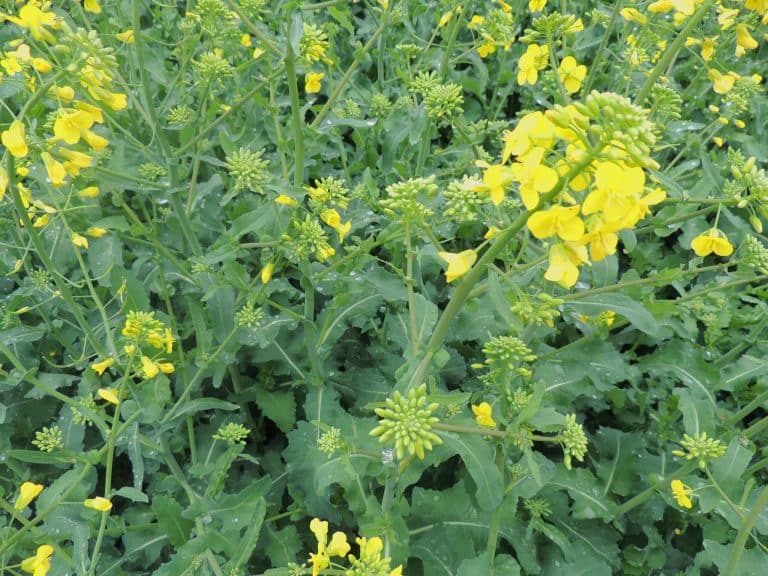Developments in the biological sciences close on 30 years ago resulted in integrating several distinct fields of knowledge under a new scientific discipline referred to as genetic engineering (GE) or genetic modification (GM). Expertise in the fields of biochemistry of plants, animals, enzymology, and organic chemistry, to name but a few, were combined under the umbrella of molecular biology. GE, as the name implies, refers to the custom design of genes followed by their integration into the pedigree of a plant, animal, or microbe resulting in the expression of a desirable or enhanced trait in that species.
This field of science holds immense potential for agriculture. Relatively recent accomplishments with GE have revolved primarily around developing herbicide and insect pest-tolerant field crops which allow farmers to simplify crop production systems by using broad-spectrum herbicides and fewer insecticides during the growing season. The complexity of biological systems, however, has led to the development of herbicide resistance in once susceptible weed species demonstrating the need for stewardship to protect this technology and offset the further proliferation of herbicide-resistant weed species.
Strategies employed, such as using chemical herbicides with different or multiple modes of action, rotating between GE crop species susceptible to herbicides with different modes of action, and the use of non-GM conventional crop species all serve to reduce the selection pressure for resistant weed types and protect the farmer’s ability to control damaging populations of weeds which ultimately lead to a reduction in final yield and quality of the harvested food, fuel or fiber products.
From a canola perspective, one of the more recent developments from GE has been the commercialization of spring canola cultivars with increased resistance to pod shattering. This trail is highly sought after by growers as it stabilizes canola yields and extends the harvesting window. However, it is noteworthy that some non-GE breeding programs in the winter canola industry have also successfully integrated increased resistance to pod shattering in winter canola hybrids through conventional breeding.
Future objectives for GE for agriculture hold even more promise for farmers and consumers as biotechnology companies develop crops that can better tolerate environmental stresses such as drought, salinity, and diseases allowing crops to be grown in regions currently unsuitable for crop production. Furthermore, the development of crop species with enhanced nutritional value such as higher oil content seeds, or seeds with enhanced vitamin and mineral profiles, is also well advanced. As scientists continue to develop the GE knowledge base consumers can expect new developments in crops for global food, feed fuel, and fiber requirements. Recent GE advancements have led to the development of canola cultivars capable of producing significant amounts of essential omega-3 oils, thereby alleviating the pressure on global seafood reserves.






